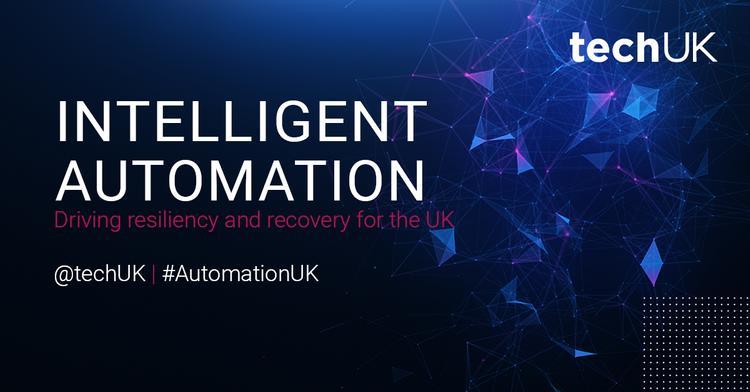Think business integration, not systems integration, for automation success

The ability of intelligent automation to rapidly transform our services and adapt to changing markets is clear – and much publicised. However, talk to most software vendors in this space and it’s clear that the failure rate of introducing these new technologies is still too high, suggesting we need to look at automation in a completely different way.
For too long, we focused on the technology itself. How do we change that technology to suit our needs? How do we adapt it to what we need to do? We can't do that anymore. The speed at which automation technology is coming to the market, the upgrades that are occurring, the adaptions are too fast. That means flipping thinking on its head. We need to look at how we adapt and change our organisations and the staff that work for them, to be able to embrace automation solutions quickly, safely and seamlessly.
If you look at the aviation industry, if all they focused on was getting that plane into the air, and flying the plane, but never preparing the runway, or the airports, those planes will never land safely, it would be a catastrophe. We need to take the same mindset with intelligent automation.
We are in a world where we don't have to wait 18-months for a new solution. By using robotic processes, digital apps, we can be dropping in new tools every few months. So, isn't it better, just like the airports do, to work with our staff and train them to be able to embrace multiple scenarios, get used to digital technologies, and to have more of a dynamic mindset? So that when those tools arrive people are ready for different scenarios, they can see the power of them, they can bring their own ideas and improve them…and the way forward.
Rather than systems integration, we now need to think about business integration. That means skills like business architecture come to the fore. How will automation fit into the ways we're going to work tomorrow? What do we need to look like? How are we going to change some of our processes? What aspects of our processes, policies or procedures do we need to adjust accordingly? Continuing the plane analogy, what do we need to do to land that plane successfully and as smoothly and safely as possible?
Agilisys puts this into practice with our clients when we deliver automation, as discussed on this podcast. We hold several RPA awareness workshops or sessions, which teach people what RPA is, what it’s not, what the benefits are, what good use cases are, what situations are a good fit and so on.
Then, again developed from experience, we sit down and do high-level analysis to identify processes suitable for automation in the first place, and what may or may not need to change. The output of that which is effectively, ‘yes, we can automate these and the potential benefits in terms of processing hours, FTP, value or whatever it may be. In some cases, we set up a Centre of Excellence with our clients, which ratifies these decisions – allowing business users to help shape the processes and outcomes.
This is followed by a deep dive and a resulting process definition document (PDD), which users are walked through. The key here is that at every stage, the people that matter are fully involved in the process, all the way through to development, testing, go live and optimisation. By slowly building up the volume of files processed, confidence builds. Add this to the business integration work completed before roll-out and you can unlock the full value of automation – and set yourself up for future adoption that’s embraced by all.
You can read all insights from techUK's Intelligent Automation Week here

Laura Foster
Laura is techUK’s Associate Director for Technology and Innovation.







